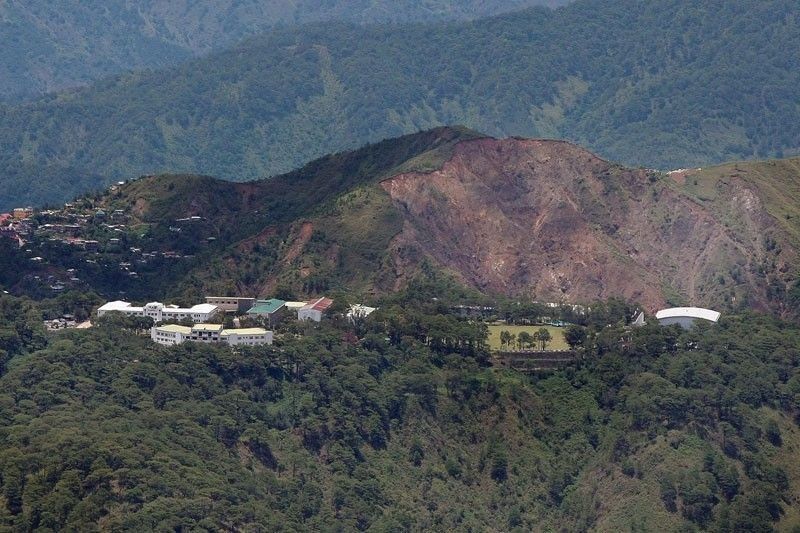Rehab programs increase mining costs

MANILA, Philippines — The compliance of mining companies to the government’s progressive rehabilitation program for mine sites is generating higher operating costs, a mining executive said.
Global Ferronickel Holdings Inc. (FNI) president Dante Bravo said that about eight to 10 percent of the company’s operating costs is accounted by environmental costs such as that incurred by the progressive rehabilitation program for mines.
“It will impact the bottomline,” Bravo said.
Last August the Department of Environment and Natural Resources(DENR) issued an administrative order on progressive rehabilitation, in a bid to minimize the disturbed area of a mining project at any given time.
Under the DAO, if a miner is producing one million metric tons or less, it can only extract within 50 hectares of its mine sites, while those producing around one million to three million MT are only allowed to operate within 60 hectares of their tenements.
In contrast, those producing three million to five million MT can only excavate within 70 hectares of their contract areas, while those with annual production of seven million MT but less than nine million can only extract within 90 hectares of their mine sites.
“It’s really burdensome. You really have to comply otherwise you will just get an NOV (Notice of Violation),” Bravo said.
FNI through its subsidiary Platinum Group Metals Corporation (PGMC) expects nickel ore output at its site in the Municipality of Cagdianao in Claver, Surigao del Sur to go up to 5.5 million wet metric tons (WMT) this year from 5.1 million last year.
In December, FNI reported that the proven and probable ore reserves at the Cagdianao mine went up by 21 percent to 43.8 million WMT from the 36.3 million WMT recorded in June.
Apart from the progressive rehabilitation program, Bravo said that another initiative of the government to push for sustainability is the Securities and Exchange Commission (SEC)’s requirement to all listed companies, including mining companies, to submit sustainability reports.
“So that’s another regulatory requirement,” he added. “We are really being regulated and we are compliant.”
On Friday, PGMC turned over a production facility building for chips and woodcraft and a school bus to Barangay Cagdianao.
The distribution of the school bus was done under PGMC’s Social Development and Management Program (SDMP).
- Latest
- Trending























